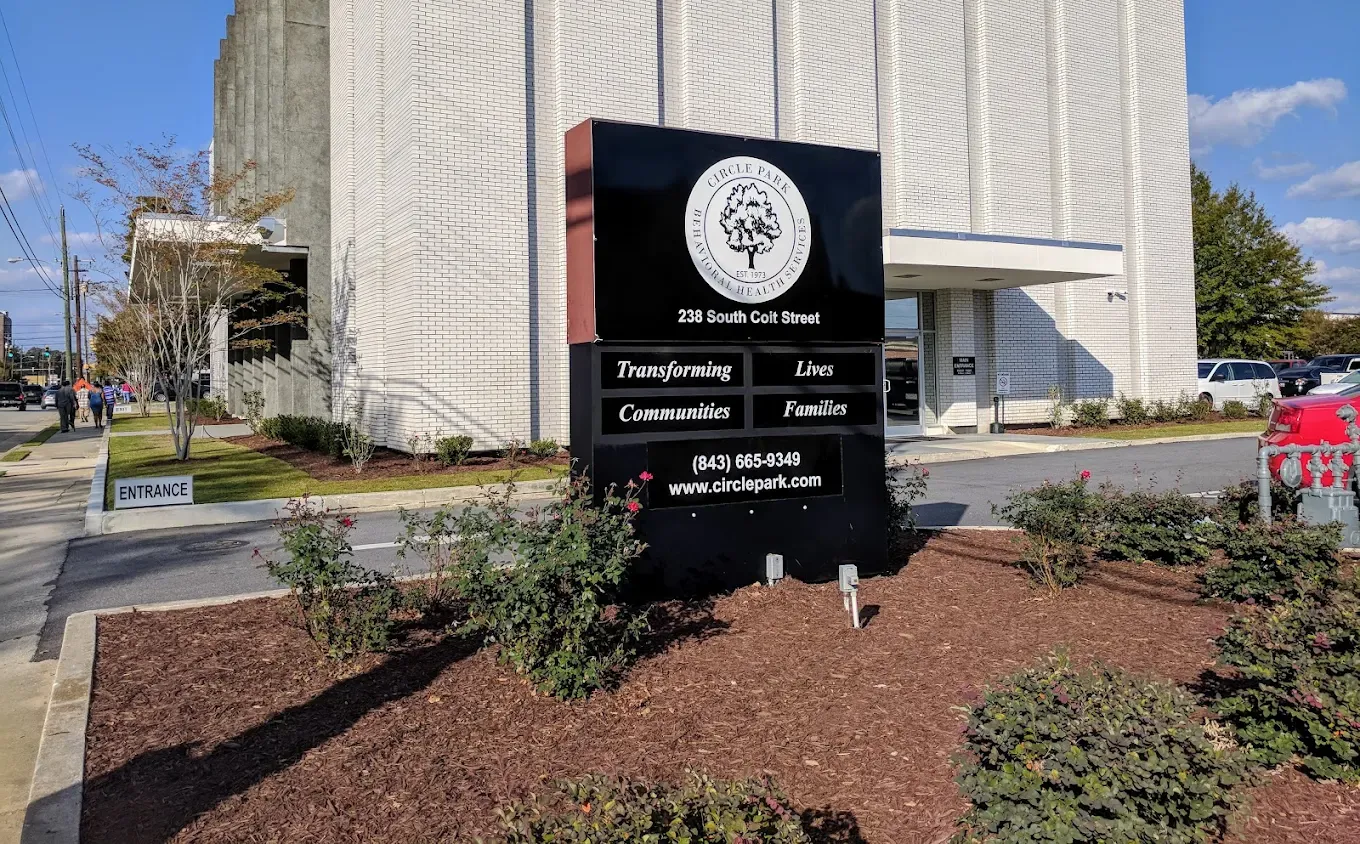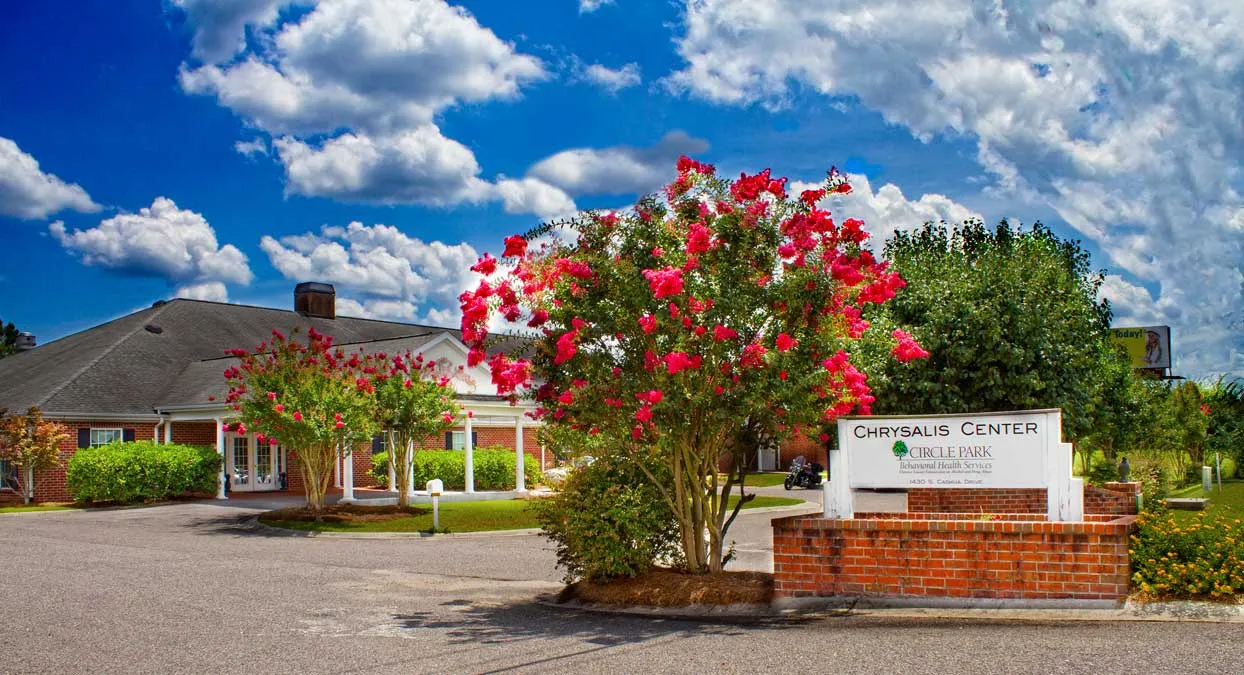The Chrysalis Center, a residential treatment facility in Florence, South Carolina, is a specialized facility that is dedicated to providing assistance to women who are battling substance use disorders. Chrysalis Center's family-centered approach is a distinctive feature, as it permits mothers to keep their children with them on-site during the treatment process, up to the age of 10. By cultivating a supportive and inclusive environment for the entire family, this nurturing environment enables women to concentrate on their recovery while maintaining close relationships with their children.
Individual counseling, group therapy, family therapy, and life skills training comprise the center's comprehensive array of services. These services are customized to accommodate the unique requirements of each client, guaranteeing a comprehensive recovery strategy. The Chrysalis Center implements evidence-based treatment methodologies, including trauma-informed counseling, motivational interviewing, and rational emotive behavioral therapy. These therapies provide clients with the necessary tools to achieve long-term sobriety by addressing the emotional and psychological aspects of substance use disorders.
The Chrysalis Center offers on-site childcare through a licensed therapeutic daycare facility in addition to therapeutic services. This service enables mothers to participate completely in their recovery programs, secure in the knowledge that their children are being cared for in a supportive and secure environment. The daycare not only guarantees that the mothers can concentrate on their treatment, but it also fosters the children's well-being during their time at the center. The Center has been granted accreditation by The Joint Commission, a prestigious designation that underscores the center's dedication to upholding the most stringent standards of safety and care in substance use treatment. The center's commitment to providing high-quality services that meet stringent healthcare standards is evidenced by this accreditation.
Chrysalis Center empowers women to overcome substance use disorders and reconstruct their lives in a supportive and compassionate environment by incorporating evidence-based therapies and a family-centered approach. The center is an essential resource for women and their children who are seeking recovery and rehabilitation due to its comprehensive services and emphasis on both individual and family dynamics.






